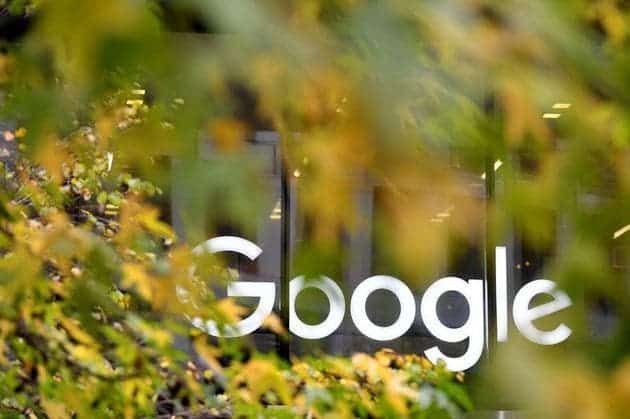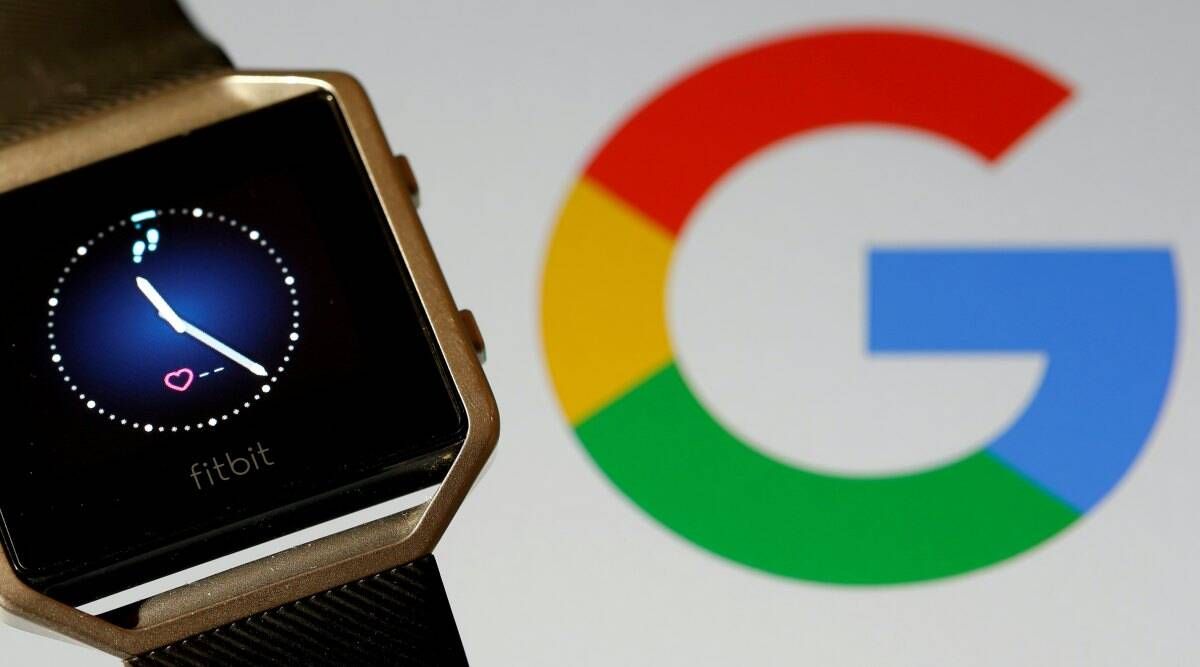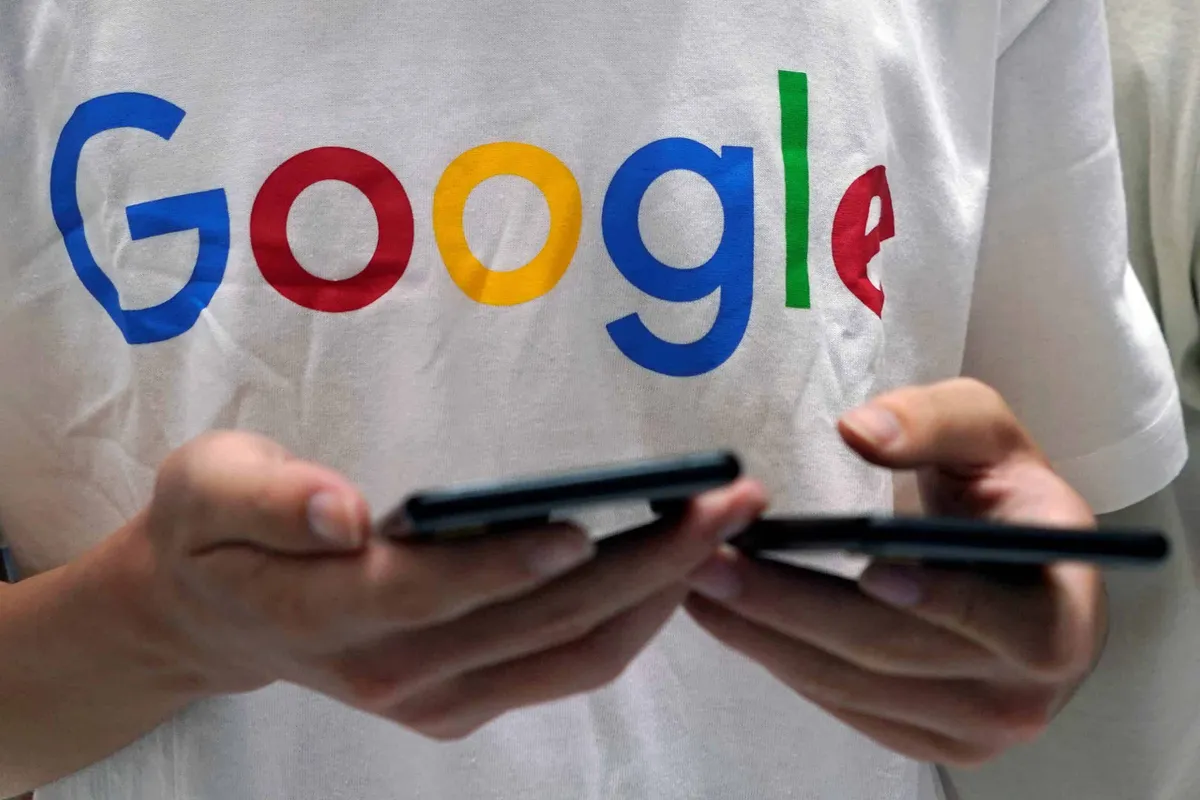Google officially announced today that it will significantly support the distribution of the COVID-19 vaccines. According to the company, it will provide an additional $100 million in advertising. These advertisements will be for the Centers for Disease Control (CDC) Foundation, World Health Organization (WHO), and non-profit organizations around the world. In addition, an additional $50 million will be invested to provide vaccine-related information to some “underserved” communities.

Google also announced that in some areas, Google search and Google Maps will show the location of the new coronavirus vaccination. The service first started in Arizona, Louisiana, Mississippi, and Texas. Furthermore, Google will also provide specific facilities such as buildings, parking lots, and open spaces for vaccination clinics. This service will first start in the United States but it will spread to other regions.
Finally, Google will also use its cloud service to help healthcare organizations, retail pharmacies, logistics companies, and public sector agencies to accelerate vaccine delivery.
Google's acquisition of Fitbit raises user privacy concerns
After a long antitrust investigation, Google officially acquired the wearable device brand Fitbit for $2.1 billion on January 14th. At present, Fitbit has sold more than 120 million devices worldwide and has a broad user base. After the official announcement of the deal, many users worry about the safety of their private information. The American company is a huge data company that is good with using user information for specific advertising.

Users worry that receiving any specific adverts mean that their private information is no longer safe. However, there have assurances from both sides of the divide
Fitbit CEO, James Park’s words are the most reassuring.
“Google will continue to protect Fitbit users’ privacy and has made a series of binding commitments with global regulators, confirming that Fitbit users’ health and wellness data won’t be used for Google ads and this data will be kept separate from other Google ad data,” he writes.
The promise is part of the EU's previous antitrust investigation. If Google wants to acquire Fitbit, it must promise that Fitbit data needs to be in a separate warehouse. In addition, the EU also prohibits Google from restricting smart wearable devices of other brands in order to ensure fair competition.
These commitments are valid for 10 years, but the EU can choose to extend them. According to data from Counterpoint Research, in the first half of 2020, the global market share of Fitbit smartwatches was only 2.4%. The likes of Apple, Garmin, Huawei, and Samsung are ahead with 51.4%, 9.4%, 8.3%, 7.2% respectively.






Place comments
0 Comments
You are currently seeing only the comments you are notified about, if you want to see all comments from this post, click the button below.
Show all comments